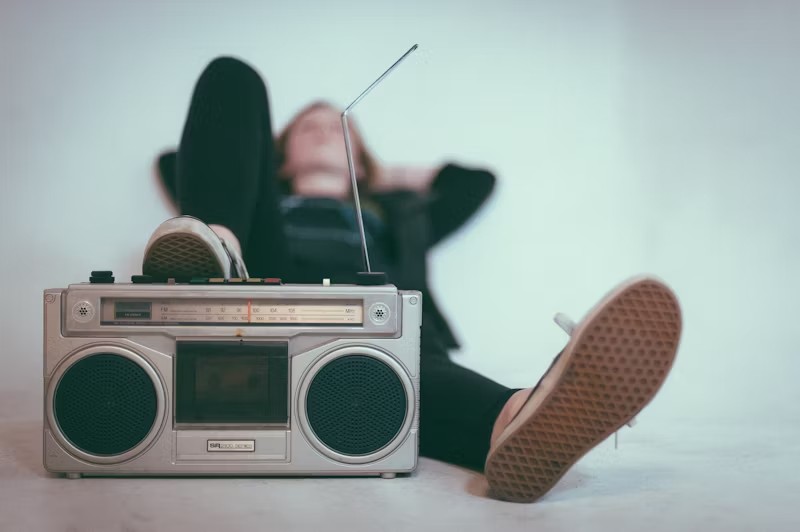
In an era where mental health challenges are increasingly prevalent, innovative and holistic approaches to well-being are gaining recognition. Among these, music therapy stands out as a powerful, evidence-based intervention that harnesses the therapeutic potential of music to promote emotional, cognitive, and social healing.
What Is Music Therapy?
Music therapy is a clinical and evidence-based use of music interventions to accomplish individualized goals within a therapeutic relationship. It involves using music to promote emotional, cognitive, and social well-being. This can include activities like listening to music, playing instruments, singing, and even composing music.
How Music Therapy Supports Mental Health
1. Stress and Anxiety Reduction
Music has a unique ability to regulate stress hormones and induce a state of relaxation, making it an effective tool for managing stress and promoting emotional balance.
2. Mood Enhancement
Engaging with uplifting music can elevate mood, increase motivation, and instill a sense of positivity, offering a natural remedy for low spirits and emotional fatigue.
3. Emotional Expression
Through music, individuals can express complex emotions that may be challenging to articulate verbally, providing a safe and cathartic outlet for emotional release.
4. Cognitive Stimulation
Musical activities can stimulate cognitive function, enhance memory, and improve focus, making it a valuable therapeutic tool for individuals with cognitive impairments.
5. Social Connection
Participating in music therapy sessions fosters a sense of community and belonging, promoting social interaction and reducing feelings of isolation.
Types of Music Therapy
Music therapy can be an active process, where clients play a role in creating music, or a passive one that involves listening or responding to music. Some therapists may use a combined approach that involves both active and passive interactions with music.
Getting Started with Music Therapy
Engaging with music can:
Activate regions of the brain that influence things like memory, emotions, movement, sensory relay, some involuntary functions, decision-making, and reward.
Fulfill social needs for older adults in group settings.
Lower heart rate and blood pressure.
Relax muscle tension.
Release endorphins.
Relieve stress and encourage feelings of calm.
Strengthen motor skills and improve communication for children and young adults who have developmental and/or learning disabilities.
Research has also shown that music can have a powerful effect on people with dementia and other memory-related disorders.
Conclusion
Incorporating music therapy into mental health care offers a creative and effective avenue for healing and self-expression. Whether through individual sessions or group engagements, music therapy provides a supportive environment for individuals to explore their emotions, enhance cognitive functions, and foster meaningful social connections. As research continues to uncover the profound impact of music on mental well-being, music therapy stands as a testament to the healing power of sound.
